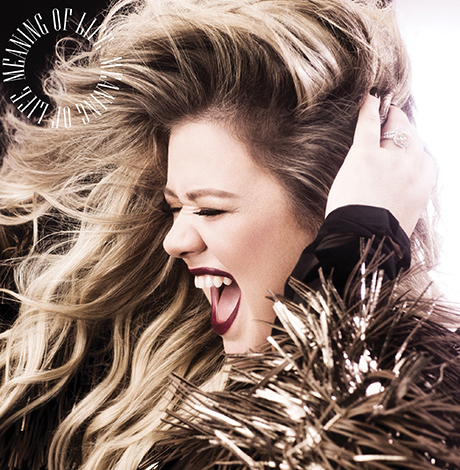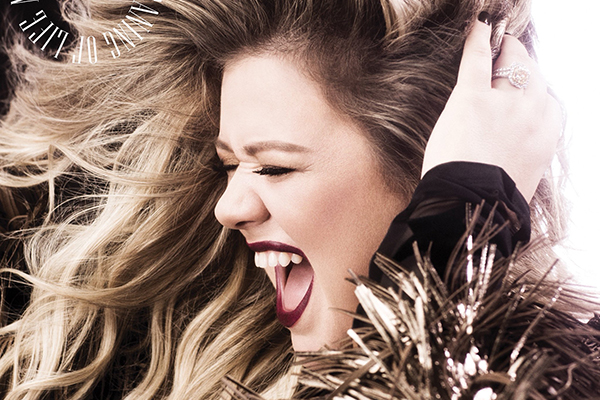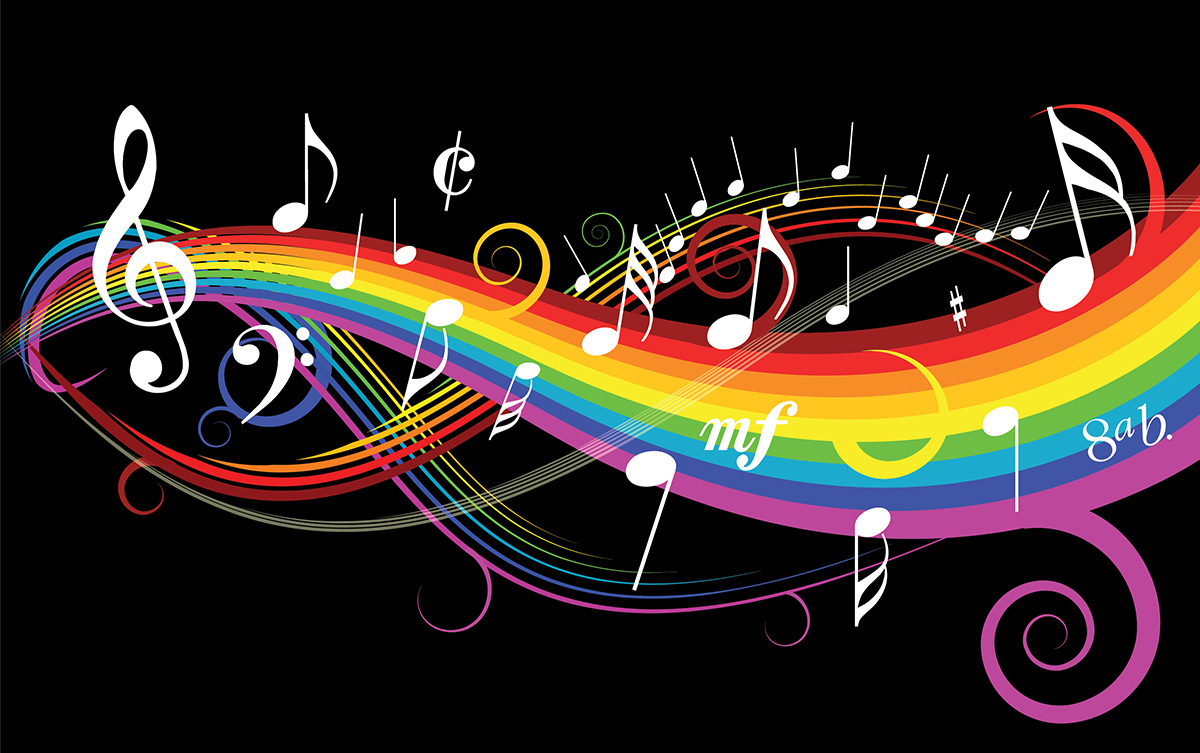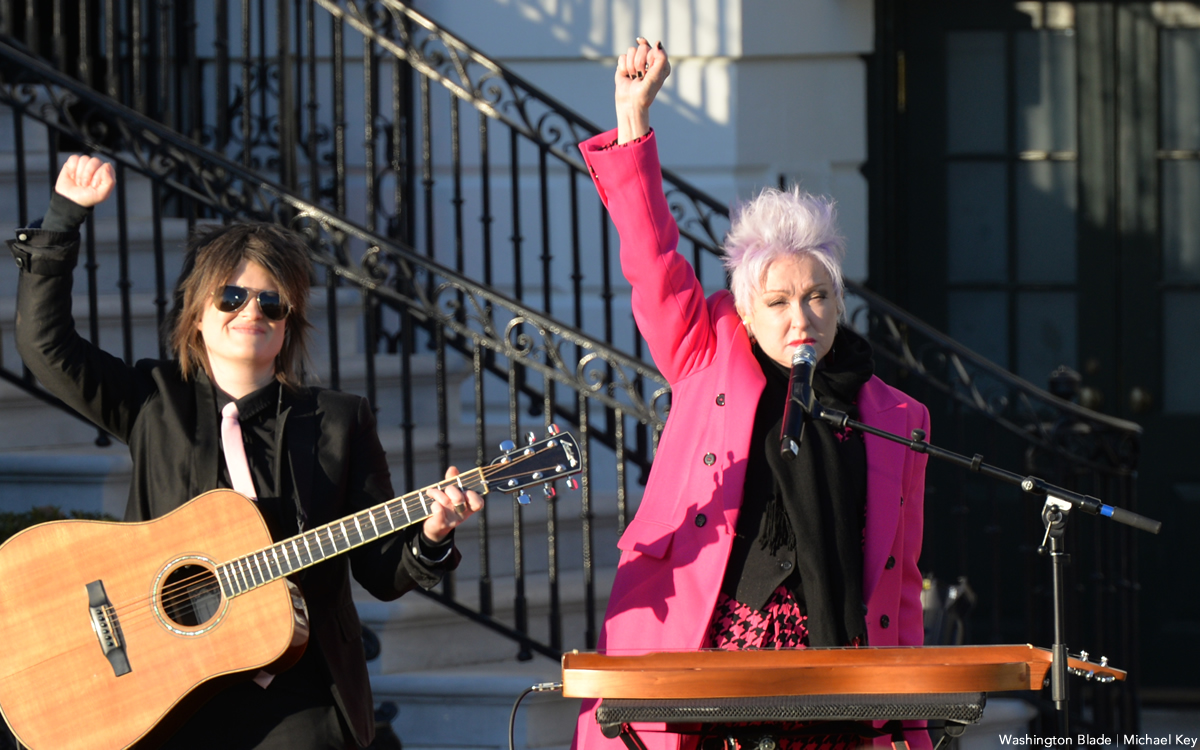Music & Concerts
New Kelly Clarkson album is welcome change
Free from contentious RCA tenure, she explores more soul-tinged settings


Kelly Clarkson‘s new album is a pleasant departure. (Photo courtesy Atlantic Records)
Despite all the buildup and hype, “American Idol” has yielded only a few artists who’ve been able to sustain a successful, high-profile career in the music industry. First season winner Kelly Clarkson is at the top of that list.
In the 15 years since she won the reality show, Clarkson has delivered seven smash albums, all of which made the top three on Billboard, with three hitting no. 1: (“Thankful,” “All I Ever Wanted,” and her last album, 2015’s “Piece by Piece”). She has also scored 11 top 10 singles, including three chart-toppers: “A Moment Like This,” “My Life Would Suck Without You” and “Stronger.”
Her eighth album, “Meaning of Life,” is her first with Atlantic Records following the completion of the contract with RCA that was part of her “American Idol” prize. It’s no secret that Clarkson has clashed repeatedly with RCA over creative decisions. One of the key selling points offered by Atlantic to lure the star into its fold was more creative freedom and on “Meaning of Life,” Clarkson clearly makes the most of her newfound control. There is a maturity and depth of feeling to the new album that is sometimes lacking in her prior efforts, which tend to be directed primarily to top 40 radio. “Meaning of Life” is different. It’s not as hooky and loaded with radio-friendly dance/pop, yet it might very well be the finest album of her career thus far.
“Meaning of Life” is more soulful and R&B-influenced than Clarkson’s prior work, although it’s still very much a pop album. Clarkson showcases her powerful and dynamic vocals throughout, delivering one mighty performance after another. First single “Love So Soft” is a bare-bones funk/dance track built mainly around a stark electronic rhythm. It’s irresistibly catchy, a bold first taste of Clarkson’s change in sonic direction. It’s followed by “Heat,” a pop/R&B scorcher with Clarkson’s voice as soulful as it’s ever been.
Her ballads are particularly noteworthy for the maturity they exhibit compared with her prior work. The gospel-tinged “Move You” is a stunner, with a spine-tingling vocal that is every bit as magnificent as something Adele might perform. The old-school soul-inspired “Cruel” is another downtempo winner, with Clarkson showing her breezy versatility and range with effortless panache. The album has a decidedly modern sheen, but Clarkson does explore retro influences on several tracks, particularly the dynamic “Medicine” which channels mid-’90s Mariah Carey. The audaciously bold “Whole Lotta Woman,” a fusion of Beyonce and Christina Aguilera, is Clarkson embracing her new direction with passion and ferocity.
One of the album’s highlights is the triumphant “I Don’t Think About You,” a stirring ballad that serves as Clarkson’s declaration of independence. It’s a piercing track that seems directly aimed at those at RCA who prodded her in directions she did not want to go. She revels in her freedom and proclaims she has nothing to prove (and she’s right). Clarkson ends the album “Get High,” a fiery rave-up that once again speaks to her fierce determination to follow her own path.
“Meaning of Life” is a turning point in Clarkson’s career. Now 35 and suddenly able to pursue her own musical ambitions, she has turned to a more mature and sophisticated sound. The songs are still catchy and there’s little doubt she would welcome massive commercial success, but it’s clear she is no longer aiming just for the youthful top 40 crowd. Clarkson has become the artist she always wanted to be. Her exuberance and confidence shine through this album from start to finish, and it’s wonderful to hear. In a year of largely disappointing high-profile pop albums, Kelly Clarkson’s “Meaning of Life” is a welcome exception.
Music & Concerts
Washington chorale kicks off Christmas with vibrant program
‘Thine Own Sweet Light’ concerts planned

The full Washington Master Chorale will return for its annual holiday concert tradition with “Thine Own Sweet Light” on Friday, Dec. 19 and Sunday, Dec. 21 at St. Ann’s Catholic Church (D.C.) and Church of the Epiphany (D.C.).
The concert will feature the rich sounds of the 50-voice, a cappella chorus performing lush, seasonal choral music inspired by the theme of light. Highlights include Edvard Grieg’s “Ave Maris Stella,” Eric Whitacre’s “Lux Aurumque,” and Christopher Hoh’s “Holy, Holy, Holy is the Lord God of Hosts.” The program will also present a new work by Barcelona composer Josep Ollé i Sabaté, along with charming holiday folk songs and seasonal favorites.
For more details, visit the Washington Master Chorale website.
Music & Concerts
Queer mega stars (and allies) ready to take D.C. stages this fall
Watch LGBTQ icons light up stages across the DMV as they sing, dance, and drag their way through spectacular shows.

One of the best ways to welcome fall is by catching LGBTQ performers (and their allies) lighting up some of the D.C. area’s biggest stages. From country and pop to drag and rock, the season is packed with shows you won’t want to miss.
Maren Morris – The country, rock, and pop diva—known for hits like “The Bones” and for standing up against Nashville’s anti-LGBTQ voices—takes the stage at Wolf Trap (1551 Trap Rd, Vienna, Va.) on Friday, Sept. 12 at 8 p.m. Tickets start at $64.
RuPaul – The mother of modern drag and host of “RuPaul’s Drag Race” will spin a DJ set at Echostage (2135 Queens Chapel Rd NE) in Northeast D.C. on Sept. 20. Before RuPaul swaps wigs for headphones, Trade and Number 9 owner Ed Bailey will warm up the decks. For tickets and details visit echostage.com.
Conan Gray – The queer pop prince, celebrated for his Gen Z anthems like “Heather” and “Maniac,” brings his Wishbone Pajama Show to EagleBank Arena in Fairfax, VA, (4500 Patriot Cir) on Sept. 20 at 8 p.m. Tickets start at $113. For more info visit shop.conangray.com/pages/tour.
All Things Go Music Festival – With a lineup that includes Noah Kahan, Lucy Dacus, Kesha, Clairo, Doechii, and more, the beloved LGBTQ-friendly festival takes over Merriweather Post Pavilion (10475 Little Patuxent Pkwy, Columbia, Md.) Sept. 26–28. For tickets and details visit allthingsgofestival.com.
BERTHA: Grateful Drag – This unique tribute brings drag artistry and the sounds of the Grateful Dead to The Atlantis (2047 9th St NW) on Sept. 27. Tickets start at $47 at theatlantis.com.
Peach PRC – Rising Australian pop star and out lesbian, whose confessional tracks like “Perfect for You” and “Forever Drunk” have made her a queer TikTok darling, performs at The Atlantis on Sept. 29 at 6:30 p.m. The show is general admission only. Additional details are on theatlantis.com.
Addison Rae – The TikTok star-turned-pop princess, who’s crossed over into music with glossy hits like “Diet Pepsi” brings her sold out show to The Anthem (901 Wharf St., S.W.) on Sept. 30. Tickets are sold out, but resale options start around $80. For more info visit theanthemdc.com.
The Rocky Horror Picture Show 50th Anniversary – Celebrate the cult classic that’s been a queer midnight-movie staple for decades, with Barry Bostwick (a.k.a. Brad Majors) at the Warner Theatre (513 13th St., N.W.) on Oct. 2 at 8 p.m. Tickets start at $41 via Ticketmaster.
Chaka Khan, Patti LaBelle, Gladys Knight & Stephanie Mills – Four legends, one stage. Between Khan’s funk, LaBelle’s soul, Knight’s R&B, and Mills’ powerhouse vocals, this concert at Capital One Arena (601 F St NW) on Oct. 3 at 8 p.m. promises pure diva magic. Tickets start at $103. For more details visit capitalonearena.com.
Lorde – Joined by The Japanese House and Chanel Beads, the Grammy-winning New Zealand singer-songwriter behind “Royals” and “Solar Power” returns to The Anthem on Oct. 4 at 7 p.m. Lorde has long been embraced by queer fans for her dreamy pop and subversive lyrics. For more info visit theanthemdc.com.
Andy Bell (of Erasure) – The British queer rock icon, best known for synth-pop classics like “A Little Respect” and “Chains of Love,” brings his Ten Crowns Tour to the Lincoln Theatre (1215 U St., N.W.) on Friday, Oct. 17 at 8 p.m. Tickets are $90.45.
Doechii – The self-described queer “Swamp Princess”—and WorldPride 2025 headliner—continues her breakout year with the Live from the Swamp Tour at The Anthem on Oct. 21 at 8 p.m. Known for blending rap, R&B, and avant-garde performance art, Doechii is one to watch. Tickets start at $153.
Neon Trees – The out-and-proud Utah rockers behind “Everybody Talks” and “Animal” perform at the Lincoln Theatre on Friday, Oct. 24 at 8 p.m. Lead singer Tyler Glenn, who came out publicly in 2014, has become a strong queer voice in alternative rock. For tickets and info visit impconcerts.com.
Sasha Colby – The “RuPaul’s Drag Race” Season 15 winner strips down on the Stripped II Tour at the Warner Theatre on Nov. 2 at 8 p.m. Tickets available now on Ticketmaster.
Lola Young – The bisexual indie-pop sensation, whose raw songwriting has earned her millions of TikTok fans and multiple chart soaring hits visits The Anthem on Nov. 9 at 8 p.m. Tickets are still available.
Opera Lafayette
Featuring Mary Elizabeth Williams as Dido
+ Elijah McCormack, Chelsea Helm
Oct. 16, 7:30 p.m.
Sixth & I
PostClassical Ensemble
The Pale Blue Do: A Musical Voyage Inspired By Nature
Featuring National Geographic’s Enric Sala, Guest Curator
Wednesday, November 19, 7:30 p.m.
Terrace Theater
Washington Concert Opera
Starring Kate Lindsey, Theo Hoffman, John Moore, and Fran Daniel Laucerica
Nov. 23, 6 p.m.
Lisner Auditorium
Washington Master Chorale
An intimate a capella concert taking place in an architectural jewel, featuring cherished choral gems from Anglican and Catholic tradition and early American hymns. The concert will also present the world premiere of Christopher Hoh’s Holy, Holy, Holy is the Lord God of Hosts, and hymn singing featuring Robert Church, organist and choirmaster at St David’s.
Oct. 18, 7:30 p.m.
October 19, 5 p.m.
St. David’s Episcopal Church
Music & Concerts
Cyndi Lauper ready to have fun in Virginia
Superstar to bring final leg of farewell tour to Jiffy Lube Live

Superstar Cyndi Lauper will bring the final leg of her farewell tour “Girls Just Wanna Have Fun” to Bristow, Va., on Thursday, July 24 at Jiffy Lube Live.
Lauper’s international Farewell Tour – her first major headlining run in a decade – kicked off in North America last October, and included her first time ever headlining (and selling out) Madison Square Garden. Lauper’s performances have earned raves from the New York Times, Rolling Stone, Billboard, and many more, and surprise guests have included Chaka Khan, Sam Smith, and Hayley Williams. The tour just visited the U.K. and Europe, and will head to Australia and Japan in April.
Tickets are available on Live Nation’s website.




















